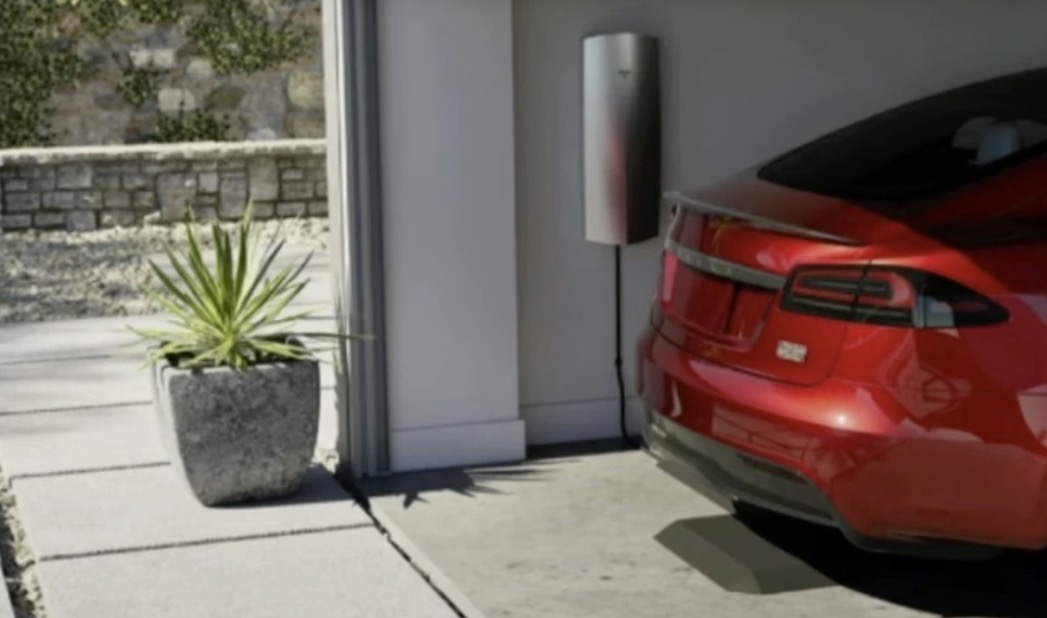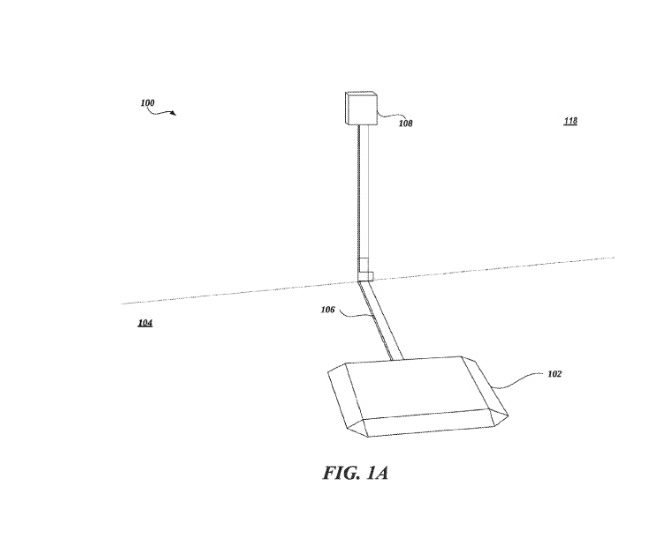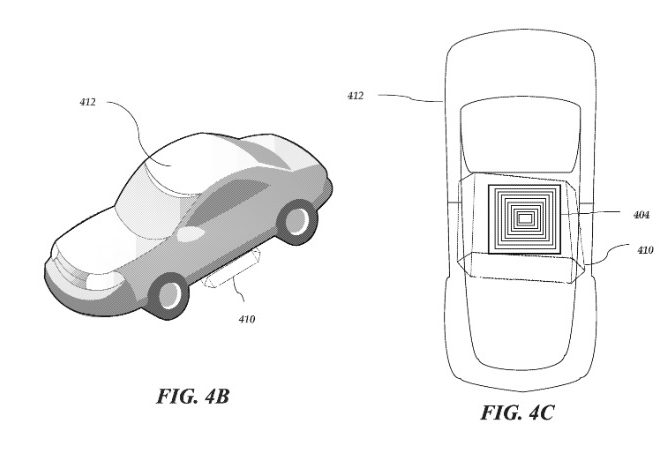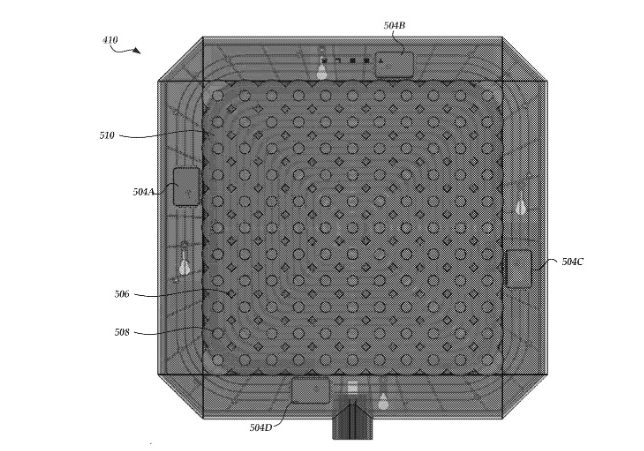
Several new patent applications have revealed Tesla’s upcoming wireless home EV charging station.
The automaker never seemed interested in wireless charging for its electric vehicles.
The problem wireless charging solves is not a major one. It alleviates the need to plug in your car, which is not a super difficult or time-consuming task. Nonetheless, Tesla has previously talked about automating the task in order to be ready for self-driving technology. If the cars could drive themselves, it would make sense for them to be able to charge themselves without a human needing to plug them in.
Then, there’s also the issue of efficiency. Wireless charging historically had a bigger loss than cable charging, but some more recent solutions, like with magnetic resonance, for example, do claim similar ~95% efficiency as cable charging.
Nonetheless, over the years, Tesla has favored an automated robot arm instead of wireless charging to complete this task, but things have changed recently.
Last year, Tesla teased a new wireless home charging station – pictured above. The automaker never commented on the situation other than releasing this picture as part of a presentation.
However, the image pretty clearly shows a wireless charging station and Tesla did briefly acquire a startup that focuses on wireless charging before selling it back – not before integrating some of its staff, though.
Furthermore, Tesla chief designer Franz von Holzhausen recently confirmed that Tesla is working on a wireless charging pad.
Earlier this year, we also learned that the Cybertruck has inductive charging connectors, which hints that it could be retrofitted with a wireless charging pad.
Now, international patent offices have revealed that Tesla has applied for four new patents related to wireless charging:
- SHORTING SWITCH TO REDUCE GROUND LEAKAGE CURRENT IN INDUCTIVE CHARGING
- TEMPERATURE SENSORS AND APPLICATIONS IN WIRELESS CHARGING
- WIRELESS CHARGING CIRCUIT TOPOLOGY AND RELATED METHODS OF MANUFACTURING
- PARAMETER ESTIMATION FOR WIRELESS CHARGING
Here are some drawings from the patent applications:



A lot of the patent applications have to do with managing the power electronics inside the system to optimize the power efficiency, which again, has been one of the main issues preventing wireless EV chargers going mainstream.
It’s unclear when Tesla plans to unveil its wireless charging technology, but it wouldn’t be surprising to see it make an appearance at the Robotaxi unveiling next month since the technology has been linked to self-driving vehicles – enabling them to go charge by themselves without anyone having to plug it in.
Electrek’s Take
Top comment by Timthenchntr
I am very interested in this product. I have been plugging in an EV everyday for 5 years, and now my household has 2 EVs to plug in daily. It would be amazing to just park in my garage and not need to plug it in. Since EVSE cost $400 and up, I’d easily pay an extra 40% for a version with wireless charging. Even if it is lower charge rate, I would be interested.
Similar to smartphones, I wouldn’t expect adding charging coils to be much extra cost.
As I’ve previously said, I’m not super excited about this product, especially for home usage. Like I said, it doesn’t solve a major problem, and it’s likely not going to be cheap. You need to have a charging pad installed in your car, which add both weight and cost.
Then, you need to install the system in your garage, which is likely going to be more costly than a regular charge connector.
That said, I like to see more options. For those who value the slightly better user experience and who are willing to pay the price, I am glad that they will have the option.
It’s also obviously going to be more useful for self-driving cars, but like everything that works with self-driving cars, making the self-driving cars work is the tough part.
FTC: We use income earning auto affiliate links. More.






Comments